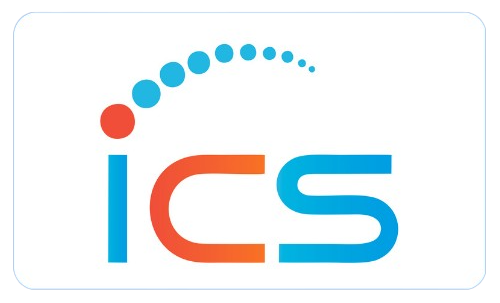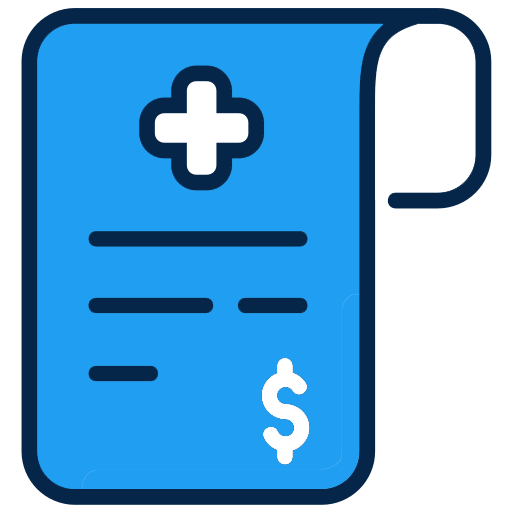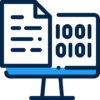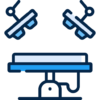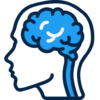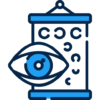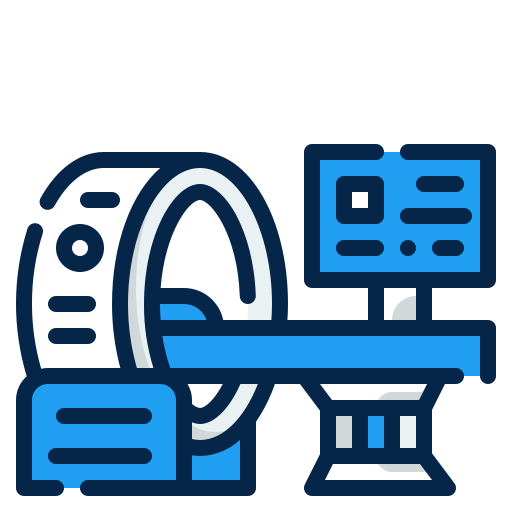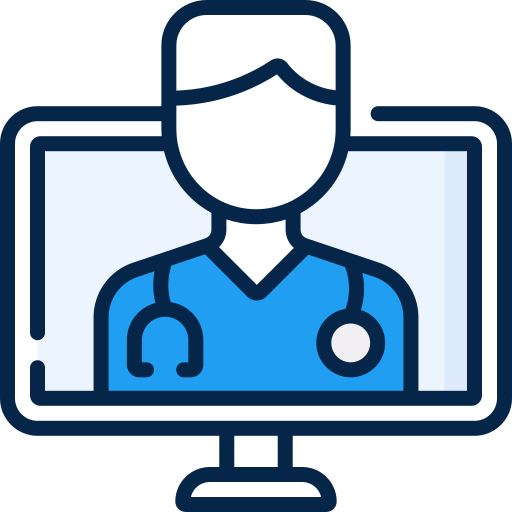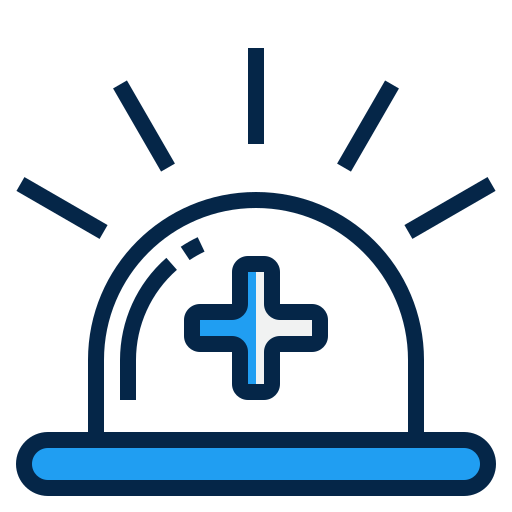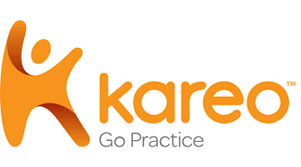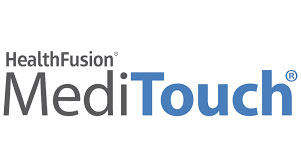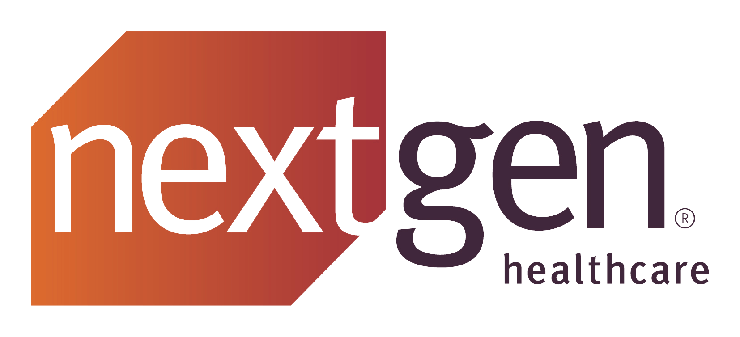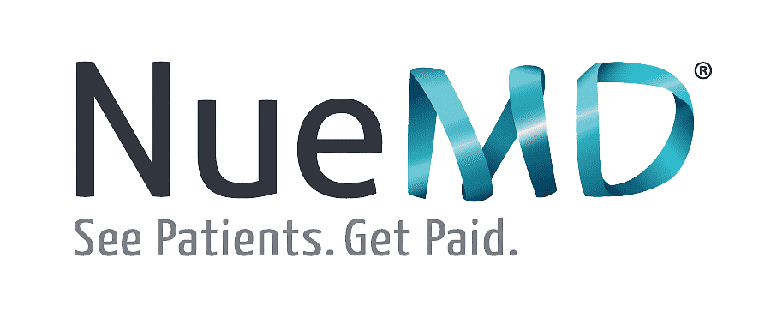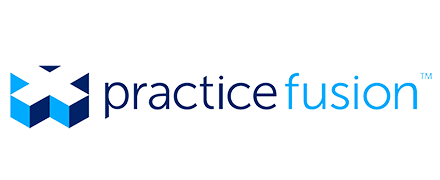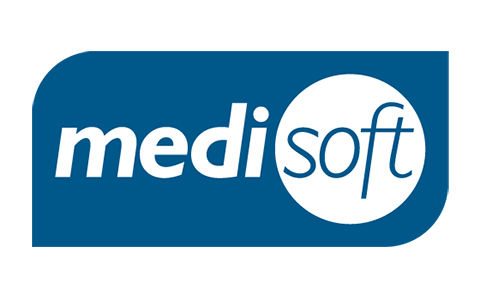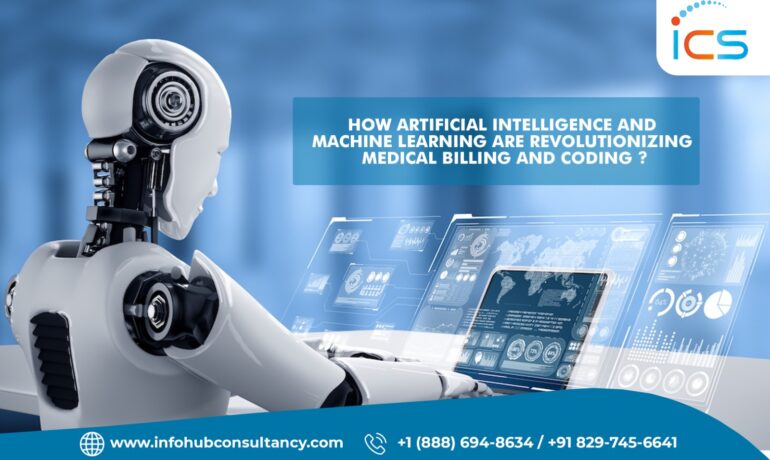The use of AI is drastically changing the face of healthcare. Artificial intelligence and machine learning are transforming medical billing and coding services across healthcare. Let’s dive into AI’s influence on healthcare.
AI-Based Medical Billing and Coding Software:
Medical codes are a predefined set of codes that dictate billing to the insurance company. However, the industry is facing a huge setback due to the nature of audits and constant updates, which lead to claim denials. The average turnaround time from filing a claim to receiving payments is between 5 and 7 weeks.
Technology and AI can automate a web-based system that automatically recognizes the relevant code of a physician and the documentation for the treatment. AI even processes high volumes of data and significantly reduces work hours and human error. All the handwritten prescriptions, lab tests, and reports are encoded through computer-assisted coding, which works on machine learning and natural language processing. Automatic identification, extraction of data from documents, and application of codes are done with the help of AI.
After the review, the billing details are sent to patients, which hardly takes any time to complete and reduces human errors and work hours. AI is undoubtedly making a difference, considering the rapid growth of the healthcare industry. It is becoming a decisive factor in shaping the current medical billing and coding system.
Role of AI in Healthcare:
AI helps overcome the drawbacks of traditional methods of analytics and making clinical decisions. Innovative healthcare software solutions are based on big data analytics, effectively managing a large volume of healthcare industry data for:
Better patient experience: It helps in patient-physician collaboration by increasing access to care at affordable rates.
Scheduling: Improved health through timely care intervention makes it easy to set reminders for appointments, cancel appointments, and schedule appointments for the next review.
EHR: Electronic Health Record helps to understand the patient’s health status, diagnosis, tests conducted, hospital treatment, etc. It also helps in the transfer of data while seeking another physician for treatment.
Billing: The billing process facilitates the execution and billing of data. Redundancy in data is avoided so that billing for the same treatment is not charged twice. Paperless billing helps with easy storage of the data for future reference for both the physician and the patient.
Benefits of AI in Healthcare
Machine Learning: Electronic health records can be easy to maintain despite their massive amount of data. It supports automating medical billing, the development of clinical practice guidelines, and clinical decision support within health systems.
Neural Networks Deep Learning: Analyze and extract images and features for categorizing images. It is helpful in diagnosing certain types of cancer, hemorrhages, fractures, skin treatments, retinopathy, and other diseases.
Physical robotics: While increasing operational efficiency, using robotics in the medical field helps boost speed in operations, streamline tasks, and reduce costs.
Diagnosis and treatment application: The human errors made while coding medical diseases and treatments can be completely eradicated with the use of AI.
Patient Engagement Adherence Application: Patients can take online treatment from anywhere at any time.
Rule-Based Expert System: Since the AI will be coded with rules and regulations, there will be no reluctant treatment for the patient. Every patient will get expert advice and treatment.
Reduce Human Error: Human error may threaten patient safety due to a lack of activity. To overcome this error, an AI spell checker can help physicians eliminate human error.
Cost Reduction: Cost-effective measures can be taken as the patient can get doctor assistance without visiting hospitals.
AI Application in Healthcare:
1. AI-assisted robotic surgery
2. Virtual Nursing Assistant
3. AI-assisted medical diagnosis
4. Drug Recovery
5. Fraud Detection
6. Medical Data Security
7. Medical Risk Prediction
8. Clinical Trials
Natural Language Processing:
It is the process of natural language and speech being converted into computational techniques for analysis and synthesis. AI algorithms detect and bifurcate information arrangements that show how language is used in the healthcare industry. Natural language processing (NLP) allows the algorithm to derive meaningful information. Hence, informed care or business decisions can be made quickly, which helps decision-makers find the information they need.
Government Health and Human Services Professionals: This helps a case worker use the AI service to easily assess case notes for key information to support an individual’s care.
Clinical Operations and Data Managers: They execute clinical trials to check clinical functionality, gear up searches, and validate medical coding. This helps reduce the time it takes to start, amend, and manage clinical studies and claims.
Healthcare payers: NLP can help connect health plan members with personalized answers at a scale that could take the form of a virtual agent using conversational AI.
Future of AI in Healthcare:
The viability of employing artificial intelligence to enhance medical procedures has increased as the field of healthcare has expanded its capabilities. The scope for using AI in healthcare is endless because of the development of sophisticated algorithms that can comprehend huge data sets and AI-powered medical equipment. Deep learning artificial intelligence (AI) can be used to speed up disease detection, create individualized treatment plans, and even automate some procedures like medical billing and coding. Additionally, it will enhance the patient experience and lower healthcare delivery costs.
Conclusion:
In conclusion, the use of AI is revolutionizing the healthcare industry and leading medical billing companies in India are leveraging this technology to enhance their services. AI-based medical billing and coding software automates the billing process, reduces human error, and significantly cuts down work hours. AI also helps in better patient experience, scheduling, EHR, and billing. The benefits of AI in healthcare include machine learning, neural networks, physical robotics, diagnosis and treatment application, patient engagement adherence application, rule-based expert system, cost reduction, and more.
If you’re looking for a reliable partner to enhance your medical billing and coding services, look no further than Info Hub Consultancy Services. As one of the Professional Outsourcing medical billing and coding services provider, we leverage the latest AI technology to maximize your revenue cycle. Contact us today to learn more and schedule a consultation.
